Understanding your roofing warranty (or roofing warranties) is essential. If something unexpected happens, your roof may be covered under warranty before having to get insurance involved. Likewise, you’ll know when to contact your insurance company and when to contact your roofer.
There are two types of roofing warranties: a shingle warranty and a workmanship warranty (sometimes, you’ll see a workmanship warranty referred to as an installation warranty, but both terms mean the same thing).
Technically, there’s a third type of warranty, which is a single warranty that combines shingle and installation warranties. This type of warranty comes from the manufacturer when using certified installers.
What Roofing Warranties Do Not Cover
Before we get into what these warranties cover, let’s talk about the short list of instances not covered by your roofing warranties: Normal wear and tear is not covered as any roof is expected to face the elements. A granule coming loose during harsh weather is normal wear and tear. A shingle cracking for no discernible reason is not normal and will be covered by a shingle warranty. Acts of God are not covered by roofing warranties but will probably be covered by your homeowners insurance. Severe weather that knocks a tree limb onto your roof and destroys your shingles is not because of faulty shingles or workmanship and will require a call to your insurance agent.What a Shingle Warranty Covers
Similar to a manufacturer warranty, a shingle warranty covers your shingles against any product or manufacturer defects. Depending on your shingles, your warranty may last 20-50 years. However, generally, the warranty will last 7-10 years on the shingles alone, after which they begin to prorate. Talk to your installer to make sure you have all the details on how your specific warranty will work over time.Usually, if your shingles have any manufacturer defects, you’ll notice within the first few years. Signs of manufacturer defects can include a severe loss of granules (obvious bald spots) as well as noticeable curling, cracking, or blistering.
Ask your roofer if your shingle warranty also covers labor. Some warranties do and others do not, and depending on the extent of your issue, a shingle warranty that doesn’t cover labor could mean unexpected costs if you’re not prepared.
What a Workmanship Warranty Covers
A workmanship or installation warranty covers any problems on your roof caused by a poor installation or other error in workmanship. Usually, a workmanship warranty will last up to 10 years, but can go as far as a lifetime warranty.Installation warranties will come with certain conditions. For example, if you have a roofer work on your roof other than the company that did the installation, your original installation warranty may be void.
What a Non-Prorated Manufacturer and Installer Warranty Covers
This type of combination materials/workmanship warranty comes from the manufacturer if the roofer is certified by the manufacturer. The cost of a non-prorated combination warranty is included in the overall roofing package, which has certain materials and other requirements that must be met, so customers purchasing a roofing package know they’re getting quality products and quality work from quality companies.For instance, West Michigan Roofing is a Owens Corning Platinum-certified roof installer. We’re also certified as a Certainteed SureStart™ SELECT ShingleMaster™ (so we can offer a 5-Star extended warranty with 25 years of coverage on our workmanship) and by GAF.
Owens Corning Platinum certification is only achieved by around 400 roofers in the United States, which is less than one-half of one percent of roofers in the country. This requires random inspections of completed work, good standing with insurance, vendors, the Better Business Bureau, and to maintain a high score from the independent GuildQuality Survey.
Understanding Your Warranty
The most important part of your roofing warranty is to understand what you need and make sure you have it. Whether you need a shingle warranty, workmanship warranty or both, you should understand your options and make a fully informed decision.We’re here to answer your questions and discuss your options. Give us a call and let’s talk.
Subscribe to West Michigan Roofing's Blog
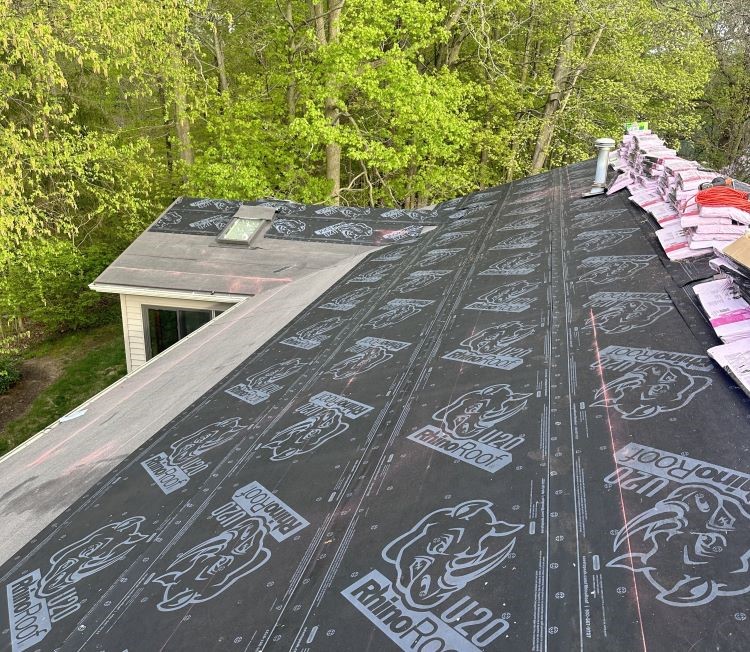
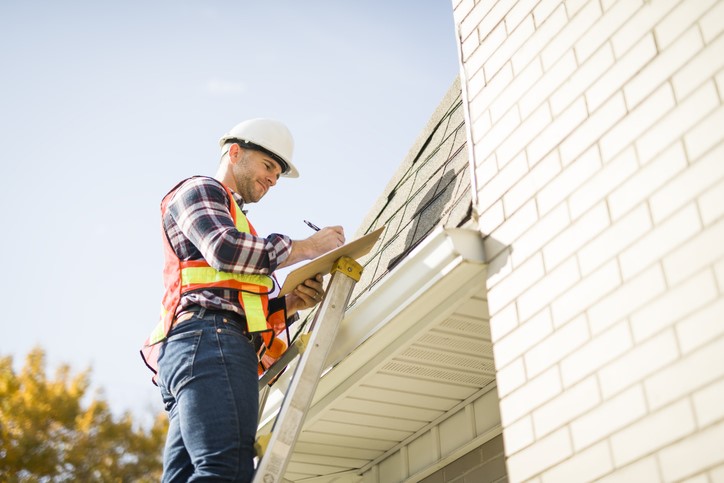
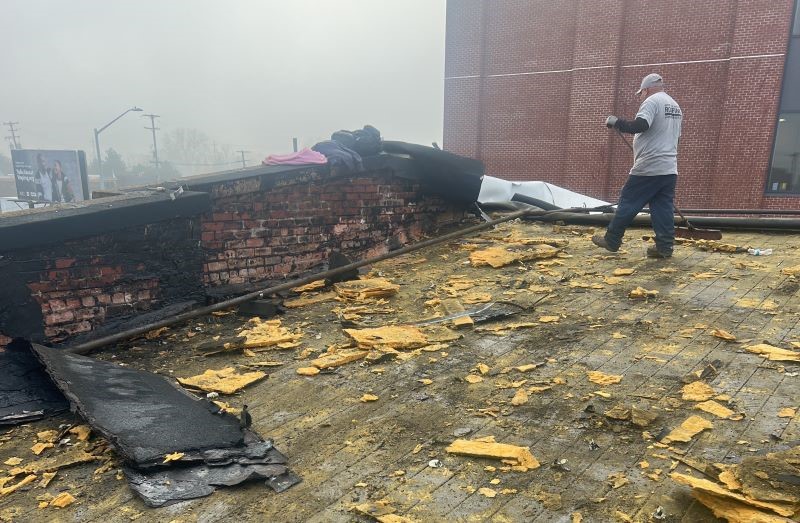
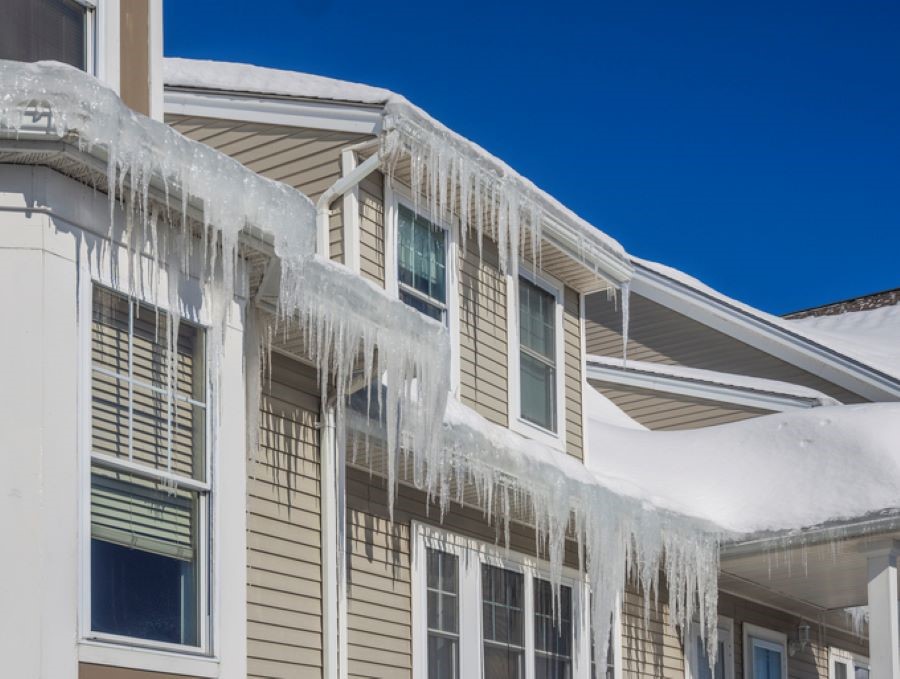
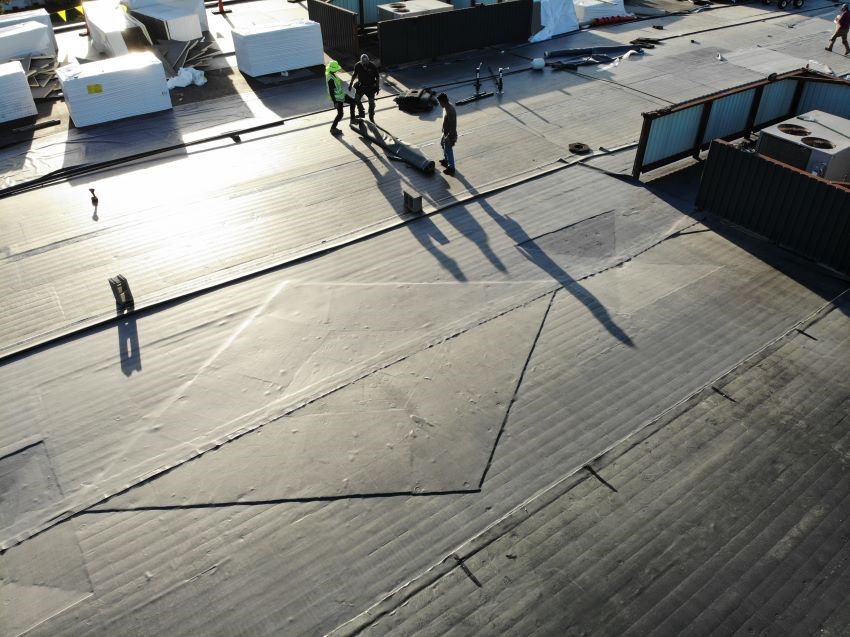
Comments